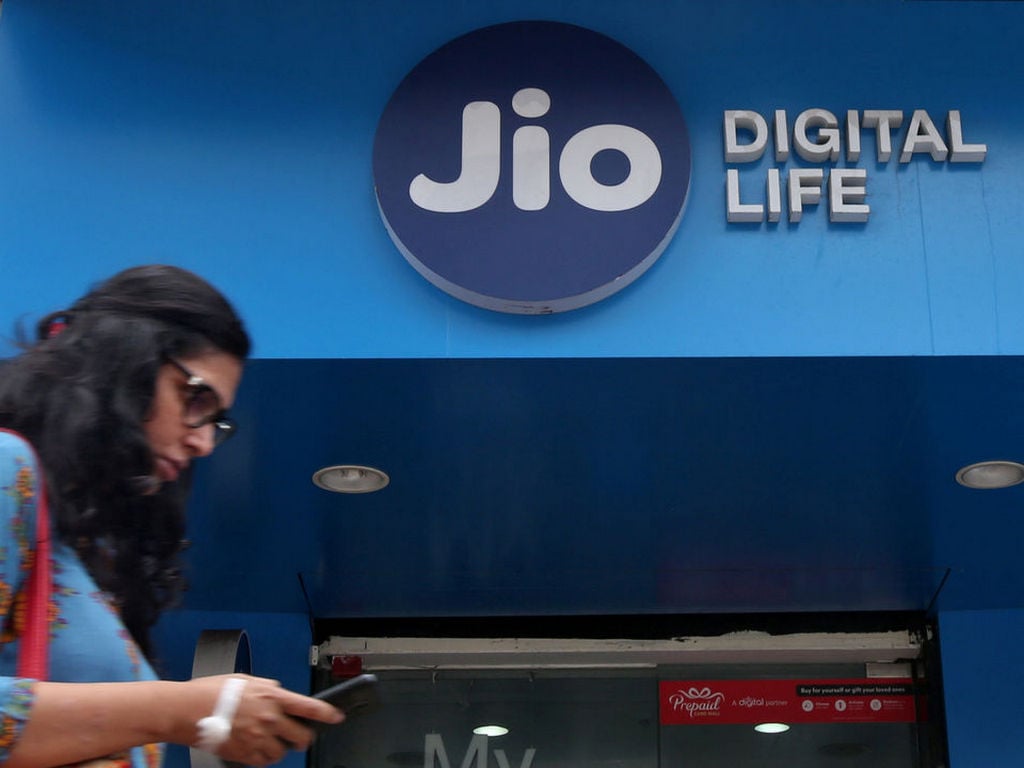tech2 News StaffOct 20, 2019 17:29:53 IST
Reliance Jio has said the Telecom Regulatory Authority of India’s (TRAI) consultation paper on ‘Review of Interconnection Usage Charges (IUC)’ sabotages the Digital India and Ease of Living initiatives of the Narendra Modi government.
Responding to the consultation paper, Reliance Jio said that not implementing the new Bill and Keep (BAK) regime from his due date of 1 January, 2020 is “not only arbitrary, bad in law, unwarranted, and anti-poor, but it also adversely affects the credibility of the Authority and investor’s confidence”.
TRAI recently moved to reopen the deadline for ending charges for terminating calls on rival networks beyond January 2020, which forced Reliance Jio to levy a 6 paisa per minute charge on its users, effectively ending its free call regime.
Jio believes that TRAI’s suggestions protect and perpetuate “the vested interests of certain incumbent telecom operators who do want their large body of 2G customers to forever remain digitally disempowered and deprived of the fruits of the Digital Revolution”.
(Also read: TRAI’s review of IUC will harm subscribers and reward defaulters says Reliance Jio)
Pointing out that government’s Digital India initiative promises the availability of digital infrastructure as a utility to every person, Jio said this core promise was being allowed to be violated by denying 476 million customers of rival operators the “fundamental piece of this mission, which is the Internet”. The same customers are being forced to bear for hefty costs for voice calls whereas 4G customers enjoy free voice services.
The 37-page response quoted the objectives of the Digital India initiative to point out how the consultation “undermines, frustrates and sabotages” it: “The vision of Digital India programme is to transform India into a digitally empowered society and knowledge economy.” Declaring “Digital Infrastructure as a Utility to Every Citizen”, it lists the following as its key objectives –
a) Availability of high speed internet as a core utility for delivery of services to citizens
b) Cradle to grave digital identity that is unique, lifelong, online and authenticable to every citizen
c) Mobile phone & bank account enabling citizen participation in digital & financial space
The Consultation Paper aids and abets sabotage of the mission because it protects and perpetuates the vested interests of certain incumbent telecom operators who do want their large body of 2G customers to forever remain digitally disempowered and deprived of the fruits of the Digital Revolution.”
(Also read: Presence of interconnect charges give telcos little incentive to upgrade their networks and improve customer service)
It is unfortunate that instead of profiting the poor and marginalised sections of Indian society, the consultation paper has chosen to help profiteers in the telecom business, Jio alleged. The discussion paper, it pointed out, wants India to remain technologically stagnant and backward and said it would perpetuate the exploitation of 2G customers on other networks in four ways:
a) by charging them high and extortionist rates for voice calls – which Jio offers free to all its 4G-only customers;
b) by keeping the doors shut for their entry into empowered, enriched and dignified members of Digital Society;
c) by denying them the opportunity to benefit from the Hon. Prime Minister’s “ease of living” initiatives; and
d) by forever excluding 400 million 2G users from the possibilities and promises of the fourth industrial revolution.”
Jio also said that the move contradicts the authority’s past decisions where it was represented that the zero termination charge regime would come into effect for all types of calls from January 1, 2020. “…the present Consultation Paper has not been issued to address traffic asymmetry, but to address the claimed financial stress of one or two operators at the cost of the interests of the subscribers and the telecom sector, and also the credibility of the authority,” it said.
(Also read: Jio interconnect usage charges top-up pack start from Rs 10: Here’s all you need to know)
Additionally, Jio submitted that the present consultation process has been initiated with a pre-determined mind without considering all relevant factors and details pertaining to the termination of the IUC charges.
It said that the Authority itself decided in IUC Regulation 2017 that “only by removing cost-based IUC, the vicious circle of ‘cost-based IUC till there is traffic symmetry’ can be broken”. Which is why Jio believes that the appropriate time for BAK regime scheduled for 1 January 2020 cannot be interfered with.
(Also read: In present anti-business climate, policy flip-flops like IUC rules change aren’t ideal prescription)
“These factors lead to a conclusion that the present consultation paper has not been issued to address traffic asymmetry, but to address the claimed financial stress of one or two operators at the cost of the interests of the subscribers and the telecom sector, and also the credibility of the Authority.”
“This consideration for deferral of the BAK regime would be against public interest and bad in law. It is also worthwhile to submit that the present trend indicates that traffic asymmetry is expected to be reversed in a few months and the present receivers are expected to become payers, hence, deferring the implementation of the BAK regime is not going to steer any operator away from the purported financial stress,” Jio concluded.
Disclaimer: Reliance Industries Ltd. is the sole beneficiary of Independent Media Trust which controls Network18 Media & Investments Ltd which publishes Firstpost
[embedded content]
The Great Diwali Discount!
Unlock 75% more savings this festive season. Get Moneycontrol Pro for a year for Rs 289 only.
Coupon code: DIWALI. Offer valid till 10th November, 2019 .

Post a Comment